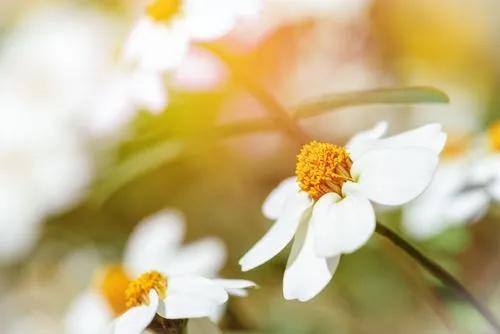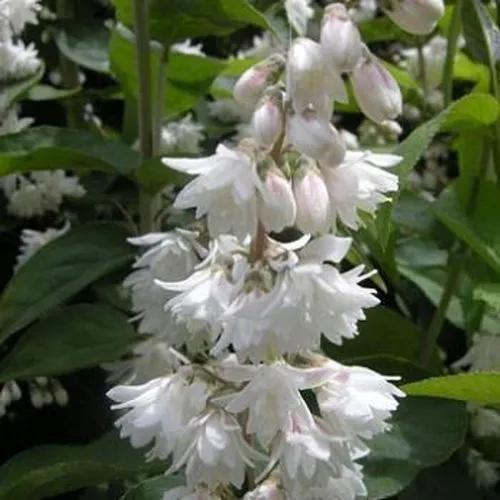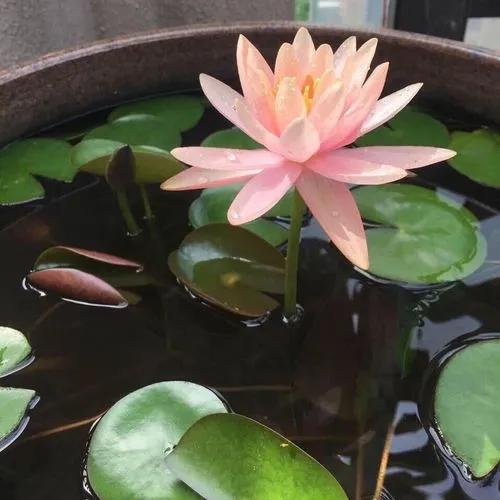Plumeria alba is a species of the genus Plumeria. This 2-8m deciduous shrub has narrow elongated leaves, large and strongly perfumed white flowers with a yellow center. It is native to Central America and the Caribbean.
Pagoda-tree Care
Plumeria alba
Other names: Nosegay



Plumeria alba, commonly called white frangipani or nosegay, is a small rounded deciduous tree of the dogbane family that grows in a vase-shape to 15-25' tall. It features fragrant white flowers with yellow centers. Upright branches are thick but weak, and have a milky sap. Very fragrant 5-petaled flowers (to 3" wide) bloom in terminal clusters at the branch tips from spring to fall. Flowers are white with yellow centers. Oblong-lanceolate green leaves (to 12" long) are spirally clustered at the stem ends. Fruits are cylindrical pods (to 8") that are rarely formed in cultivation. Genus name honors Charles Plumier (1646-1704), French monk of the Franciscan order, botanist and traveller. Specific epithet means white.
How to Care for the Plant

Water

It requires no watering once established. Generally, trees need supplemental irrigation to get established, especially if planted after the rainy season. During the first year, irrigate in the amount of 20 – 25 liters (90-113l) of water twice a week.

Pruning

Remove any dying or yellowing leaves for aesthetic reasons.

Fertilizer

Use a fertilizer formulated specifically for your plant. Avoid over-fertilizing and follow the instruction on the label.

Sunlight

Semi-shade location.

Soil

The ideal blend of soil for plant growth is called loam. Often referred to as topsoil or black dirt by landscape companies, loam is a mixture of sand, clay, and silt.

Temperature

The plant is considered hardy in the areas with the lowest winter temperatures of +1.7°C (35°F). In cooler climates, plants may be grown in containers and brought indoors to overwinter with reduced temperatures (50-55°F).

Container

Whether your potted plants are indoors or outdoors, proper drainage is an essential element to ensure they stay healthy.

Popularity

391 people already have this plant 125 people have added this plant to their wishlists
Discover more plants with the list below
Popular articles






